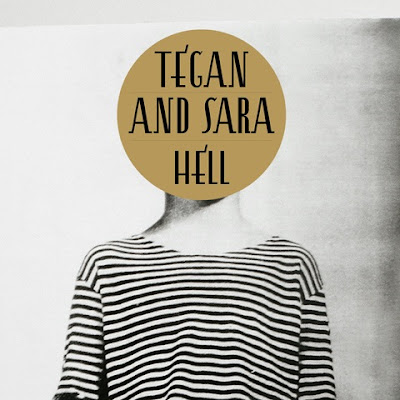 A few nights ago I stumbled across a new show called Bored to Death. It's on HBO, it stars Jason Schwartzman, Ted Danson, and Zach Galifianakis, and it is apparently one of those too-clever-by-half shows in which Schwartzman's character (Jonathan Ames) is a stand-in for show creator Jonathan Ames. The fictional Ames is a young writer from Brooklyn who has one novel under his belt, can't finish the second one, and drinks too much. I don't know how closely this mirrors the life of the real JA, but from what I've read about him I suspect it's fairly accurate.
A few nights ago I stumbled across a new show called Bored to Death. It's on HBO, it stars Jason Schwartzman, Ted Danson, and Zach Galifianakis, and it is apparently one of those too-clever-by-half shows in which Schwartzman's character (Jonathan Ames) is a stand-in for show creator Jonathan Ames. The fictional Ames is a young writer from Brooklyn who has one novel under his belt, can't finish the second one, and drinks too much. I don't know how closely this mirrors the life of the real JA, but from what I've read about him I suspect it's fairly accurate.Anyway. In the episode I saw, Jonathan has been contacted by real-life filmmaker Jim Jarmusch (who likes his first novel) to re-write a screenplay about the life of poet Frank O'Hara. Jonathan manages to lose the script when he hooks up with a girl, goes back to her place, then discovers that she's in high school. When her father comes in, Jonathan runs away, leaving the script behind.
Still following me? Good, because I'm almost to the point of this entry. It turns out the girl's father is a famous psychiatrist. In order to get his script back, Jonathan schedules an appointment with the shrink. To his surprise, the session is remarkably helpful. As he leaves the office (having retrieved the script) he thanks the doctor for his help and says that he thinks that because of the revelations he's had during their session his life will change .
The shrink, in response, says, "Lives don't change. We simply become more comfortable with our core misery, which is a form of happiness."
I love this, mostly because it's similar to something I said to my own shrink a few months ago. He asked me how things were going, to which I replied, "That depends. I'm not really sure what we're going for here. Am I supposed to be wildly enthusiastic about getting up in the morning, or is it enough that I'm only kind of disappointed that I didn't die in my sleep?"
He thought this was funny, which is probably why I like him as much as I do. But he didn't answer the question. Shrinks never do. They just stare at you until you talk some more. The goal--I suspect--is to get you to answer it yourself, which I think is just mean. It's like when you're a kid and you ask your father how to spell a word and he says, "Look it up in the dictionary." If I could look it up, I wouldn't need to ask you how to . . .
And so on. But it's a good question. The shrink one, not the spelling one. What are we going for when it comes to happiness? Is the most some of us can hope for just not feeling completely overwhelmed and doomed all the time? Or is there some gold standard, some definable state of being that everyone agrees is happiness?
I've long argued that the most hopeful people are those who are the most pessimistic. We're pessimistic because we see what people--what life--could be if people didn't insist on behaving stupidly almost all of the time. We're not necessarily convinced that everything will go wrong, we're just theorizing that based on past experience everything is likely to go wrong. If it doesn't, we're pleasantly surprised, which is a win-win situation all around. But usually it does (See: people behaving stupidly, above).
 Today I am getting a bit of work done. Also, I have downloaded the new Tegan & Sara album, Sainthood, which I purchased with the iTunes gift card Patrick gave me for my birthday a few weeks ago. I am anticipating the arrival of a check, the copyedited manuscript for my next novel arrived and doesn't need as much work as I expected, and tonight Patrick and I are going to a show I'm really looking forward to seeing. All things considered, I am . . . happy? Not unhappy? Content?
Today I am getting a bit of work done. Also, I have downloaded the new Tegan & Sara album, Sainthood, which I purchased with the iTunes gift card Patrick gave me for my birthday a few weeks ago. I am anticipating the arrival of a check, the copyedited manuscript for my next novel arrived and doesn't need as much work as I expected, and tonight Patrick and I are going to a show I'm really looking forward to seeing. All things considered, I am . . . happy? Not unhappy? Content?I don't know how to answer that.
No comments:
Post a Comment